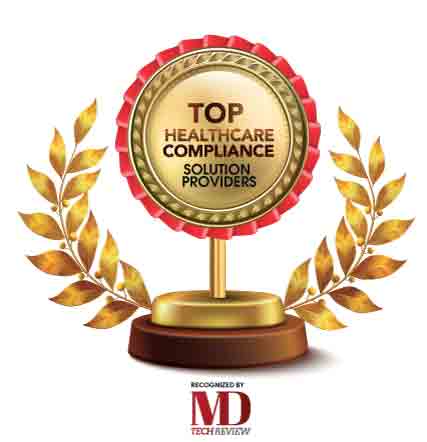Health providers have increasingly migrated from paper charts to Electronic Health Records (EHRs), thanks to digitalization. EHR can provide convenience, efficiency, and improved data management for care practice. However, providers who use EHRs must follow HIPAA regulations for securing patient information. Unfortunately, not all EHRs today conform to HIPAA. Recent years have witnessed high-profile security breaches, and as a result, it has become important to choose an EHR system that adheres to HIPAA standards to protect patient data. 
EHR platforms give healthcare providers a secure, care-focused way to maintain and organize patient records. When dealing with sensitive health care data, it is natural to take HIPAA compliance into account as well. HIPAA regulation for EHRs requires care providers to comply with national security and privacy standards to safeguard health information. The two go hand-in-hand to protect healthcare practice, all while providing patients with a higher quality of care. Thus, it is important for care providers to make sure that their employees can access the information they absolutely need and nothing more. In addition to determining the field and particulars of the patient data that each user can see, healthcare firms also need to decide what each one can and cannot do with that data. This is a part of the HIPAA requirements, and it is referred to as ’integrity’ stated in the technical safeguards.
Although passwords are the easiest way of authentication, they are sometimes found less reliable. That is why HIPAA recommends healthcare providers to consider using other forms of authentication. One recommendation is to use temporary user credentials that expire after a certain period of time and must be replaced with new ones. Implementing automatic logoff in the EHR is also advisable so that the session is terminated automatically to prevent unauthorized use.
Healthcare providers who use EHRs need to know about any violation as soon as it occurs so that they could take immediate measures. This is only possible with audits and alerts. Care providers can make EHRs HIPAA-compliant in a better way if they can predict the threat landscape or the attacker's agenda. So, EHR should have audit trail functionality that automatically logs each user activity. This information will help prevent violations as soon as they occur. For this care, providers can set up audit logs and automated alerts for suspicious activity.
A HIPAA-compliant EHR means that the data is protected in every way possible. This gives care providers the best chance to keep up patient trust in the changing landscape of threats and data security.



